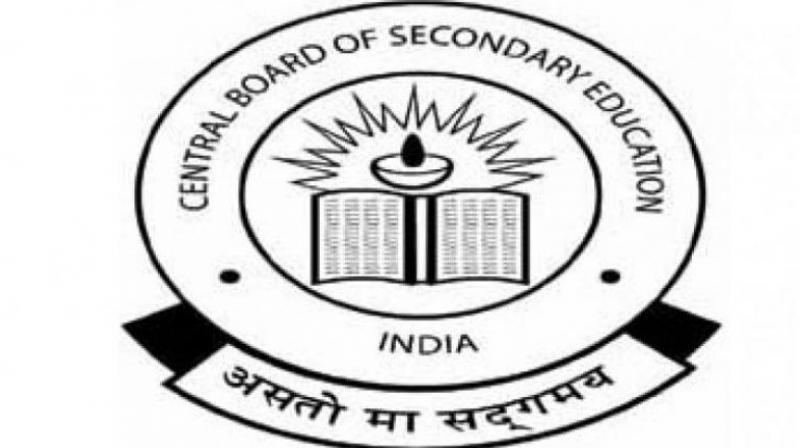CBSE's re-examination fails test of proportionality

The legal maxim: “it’s better to let nine men who are guilty, go scot free, than punish one who is innocent”, comes to my mind when I think of the re-examination lakhs of students are being subjected to, due to the leak of the economics paper of the Central Board of Secondary Examination. In its zeal to ensure that the leak does not give an unfair advantage to a dishonest minority, the CBSE, whose ‘major objective’ is to “raise the academic standards of the country” has ended up slapping an honest majority with an unfair disadvantage.
In my opinion, the broad sweep goes against the doctrine of proportionality and may be violative of Article 14 of the Constitution as any arbitrary action negates equality. Has the CBSE acted reasonably in ordering a re-examination that clashes with the students’ preparation for a slew of crucial entrance tests? I’m afraid not. It may be instructive to recall what Justice Bhagwati of the Supreme Court enunciated in Maneka Gandhi Vs Union of India. “The principle of reasonableness as an essential element of equality or non-arbitrariness pervades Article 14 like a brooding omnipresence.” I’m tempted to cite the ‘wednesbury principle’ from the Case of Associated Provincial Picture Houses Ltd. Vs Wednesbury Corp. It lays down three tests to determine the reasonableness of discretionary executive action. In this context, did the CBSE overlook factors it ought to have considered? Did it take into account aspects extraneous to the examinees? Was its decision so arbitrary that no reasonable authority would ever consider imposing it?
It is true that courts are usually disinclined to use their power of judicial review of executive action, especially of expert autonomous bodies. In Tanvi Sarwal Vs CBSE, the Supreme Court had held that “the abrogation of the examination, would result in some inconvenience to all concerned and that some extra time would be consumed for holding a fresh examination with renewed efforts. This however, according to us, is the price, the stakeholders would have to suffer in order to maintain the impeccable and irrefutable sanctity and credibility of a process of examination.”
With all due respect, the onus of maintaining that sanctity and credibility in squarely on the CBSE, whose stated objectives include the promotion of “student-friendly and student-centered paradigms” and “reforms in examinations and evaluation practices.” Is a re-examination a student-friendly move? What happened to that tamper proof Aadhaar model of rooms with those thick walls and high ceilings?! The sarcasm aside, I don’t think the means justify the end in this case. And it fails the test of proportionality.
The Bombay high court in Shubham Dutt Vs The Convenor, CLAT was of the view that when the actions of even an autonomous academic body are “arbitrary”, the Court is “empowered to invoke the constitutional provisions.” Although it stopped short of giving relief to the examinees, the Orissa high court in Madhumala Bisoyee Vs Odisha Public Service Commission took note of the plight of candidates who had “burnt their midnight oil to prepare for the examination.” It added that “these hardships are because of the indifferent attitude of the OPSC, as it had not discharged its duty assigned to it, satisfying the constitutional mandate.”
Why couldn’t the CBSE have asked for a CBI investigation, nailed the entire trail of the question paper leak and initiated the most stringent action against the culprits and proven beneficiaries? Wouldn’t this have been a less draconian step? Interestingly, in a research publication titled “Beyond the Rule of Law: Towards Constitutional Judicial Review”, Prof.Jeffrey Jowell dwells on the possibility of a ‘less restrictive alternative’ in his four-fold test of judicial review.
Let the CBSE rewrite its examination protocol, rework its safeguards and review its response to loopholes. But let students be spared the prolonged trauma of a re-examination. It’s a fit case for judicial review.

